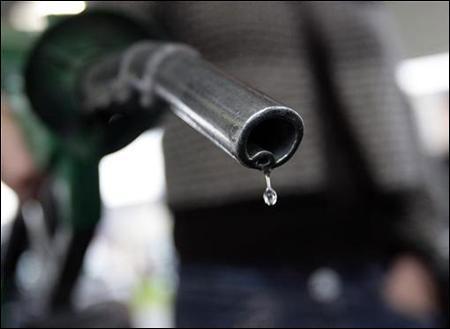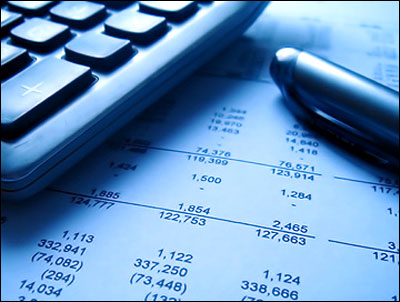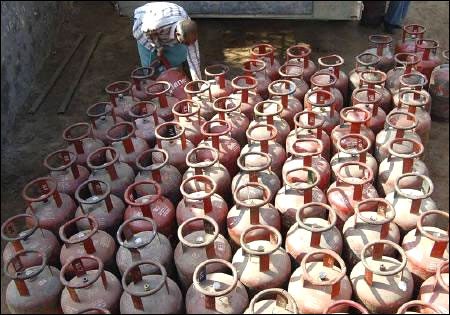 | « Back to article | Print this article |
Most states now tax petrol consumption more than Centre
Most states now levy greater tax on petrol than the central government, without having to share the subsidy burden. After last week's increase in prices, state sales tax/VAT on petrol is more than central excise in most cases.
The central government levies a fixed excise duty of Rs 14.78 on every litre of petrol. But, states levy an ad valorem tax which, in absolute terms, increases with every price increase of petrol.
For instance, when oil companies raised the petrol price by a record Rs 6.28 a litre last week, the Mamata Banerjee-led West Bengal government's tax income on the fuel increased by Rs 1.57. The state government's tax on petrol in Kolkata is now Rs 16.08 a litre, higher than the central excise.
Click on NEXT for more...
Most states now tax petrol consumption more than Centre
Similarly, in Mumbai, the state tax on petrol is now Rs 16.70 a litre against the central excise of Rs 14.78.
In Chennai, the state tax is Rs 16.16. In Hyderabad, it is as high as Rs 19.83. Among metro cities, Delhi has the lowest state tax on petrol at Rs 12.20 a litre.
State governments levy sales tax/VAT on petrol ranging from 15 per cent in Puducherry to 33 per cent in Andhra Pradesh, making it a major source of income.
In an unprecedented move, the BJP-governed Goa recently cut almost the entire tax on petrol to make it cheaper by Rs 11 a litre. Petrol now costs Rs 61.19 in the state, compared to Rs 78.57 in the neighbouring Maharashtra.Click on NEXT for more...
Most states now tax petrol consumption more than Centre
No other state government may be able to follow Goa's example. After much persuasion by the UPA government in the aftermath of the petrol price hike, some Congress-ruled states made part-relaxations in taxes. Kerala waived the tax component on the Rs 6.28 increase in petrol to make it cheaper by Rs 1.63 a litre.
The Uttarakhand government decided to waive VAT on the increased amount, providing a relief of Rs 1.87 a litre to consumers.
Petroleum secretary G C Chaturvedi says taxes contributed by the petroleum sector amount to Rs 160,000 crore (Rs 1,600 billion) annually, a half of which goes to the states. "However, the states do not contribute anything to the petroleum subsidy, while the central government gave a subsidy of Rs 83,500 crore (Rs 835 billion) last fiscal," he said. This subsidy goes in compensating the losses of oil companies on subsidised sale of diesel, kerosene and domestic LPG.
Following the recent price increase, the central government is now banking on the states to bring some relief to the common man. Petroleum Minister Jaipal Reddy said on Friday the government would consult the states and work out a way to lower taxes and provide relief.


